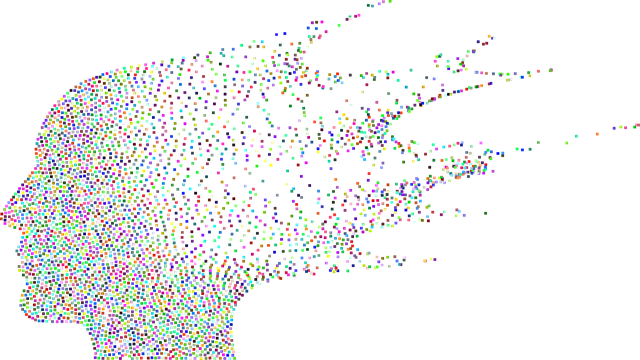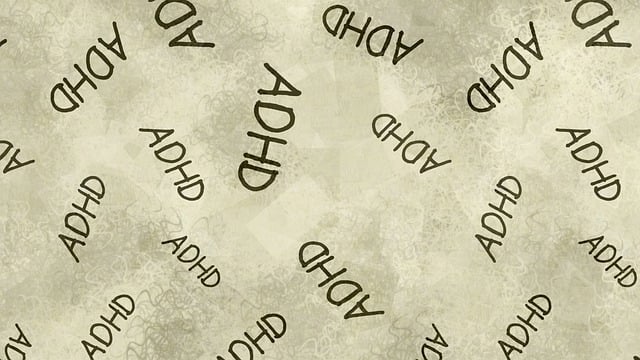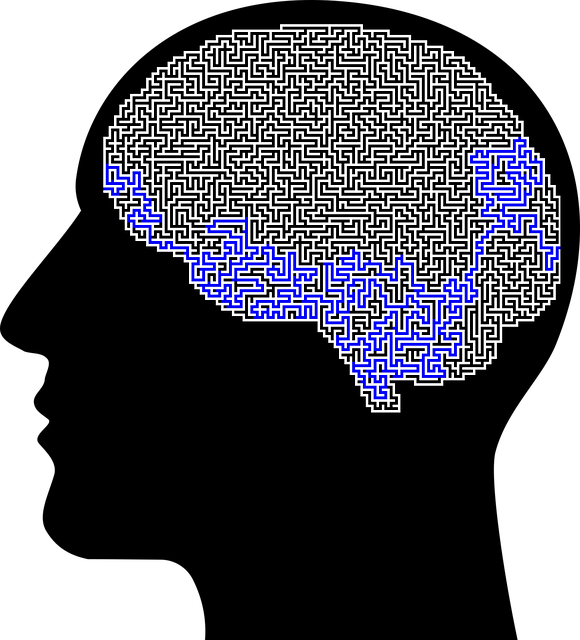Westminster Eating Disorders Therapy offers crisis intervention focused on stabilizing individuals during intense episodes, using evidence-based practices like CBT and group sessions. They address underlying issues, teach coping strategies from their podcast series, and promote mindfulness for lasting recovery. Personalized support, safe spaces, and empathy build strong connections while preventing burnout for both patients and caregivers, ensuring long-term mental wellness.
In the realm of mental health, crisis intervention plays a pivotal role, especially in addressing eating disorders. This article guides readers through essential strategies tailored for Westminster Eating Disorders Therapy. We explore understanding crisis intervention, offering practical techniques for therapy, and emphasizing recovery and prevention support. By delving into these sections—Understanding Crisis Intervention in Eating Disorders, Practical Strategies for Westminster Eating Disorders Therapy, and Supporting Individuals Through Recovery and Prevention—we aim to equip professionals and advocates with vital tools to navigate and resolve crises effectively.
- Understanding Crisis Intervention in Eating Disorders
- Practical Strategies for Westminster Eating Disorders Therapy
- Supporting Individuals Through Recovery and Prevention
Understanding Crisis Intervention in Eating Disorders

Crisis intervention is a critical aspect of treating eating disorders, and understanding its role is essential for professionals in Westminster Eating Disorders Therapy. When an individual faces a crisis related to their eating disorder, it requires immediate and targeted support to prevent further deterioration. This process involves helping the person manage intense emotions, develop coping strategies, and make safe decisions during a time of heightened risk.
The goal of crisis intervention is not just to stabilize the individual but also to initiate lasting recovery by addressing underlying factors contributing to the eating disorder. By utilizing evidence-based practices, therapists can guide patients through emotional healing processes, teach stress reduction methods from the Mental Wellness Podcast Series Production, and facilitate a shift towards healthier behaviors. This approach ensures that individuals receive the necessary support to navigate crises effectively and take steps toward their long-term mental wellness.
Practical Strategies for Westminster Eating Disorders Therapy

In the context of Westminster Eating Disorders Therapy, practical strategies play a pivotal role in effective treatment and recovery. One evidence-based approach involves cognitive behavioral therapy (CBT), which helps individuals challenge negative thought patterns related to food and body image, thereby promoting healthier behaviors. This therapeutic method not only targets specific eating disorders but also equips clients with anxiety relief techniques to manage stress and emotional dysregulation.
Additionally, group therapy sessions facilitated by a Stress Management Workshops Organization can foster a supportive environment where individuals share experiences, learn from peers, and develop coping mechanisms. These workshops often incorporate mindfulness exercises, relaxation techniques, and education on nutritional practices, contributing to holistic Westminster Eating Disorders Therapy. By combining these strategies, therapists empower clients to regain control over their lives, break free from unhealthy habits, and cultivate a positive relationship with food and their bodies.
Supporting Individuals Through Recovery and Prevention

Supporting individuals through recovery and prevention is a multifaceted process that requires tailored approaches. At Westminster Eating Disorders Therapy, we recognize that every person’s journey to healing is unique. Our strategies focus on fostering mental wellness by providing safe spaces for expression and building empathy between patients and healthcare providers. This empathetic connection forms the backbone of effective crisis intervention, enabling professionals to offer guidance that addresses not just the immediate issue but also underlying causes.
By integrating burnout prevention strategies for healthcare providers into our practice, we ensure sustained support for both patients and caregivers. Empathy-building strategies play a pivotal role in this process, cultivating an environment where individuals feel understood and encouraged. Ultimately, these approaches contribute to long-term recovery by empowering individuals to take charge of their mental health and cultivate resilience against future crises.
Crisis intervention plays a pivotal role in supporting individuals struggling with eating disorders. By understanding the nuances of crisis intervention in eating disorders, therapists like those providing Westminster Eating Disorders Therapy can employ practical strategies to help clients navigate challenging situations and promote recovery. Through comprehensive guidance and tailored support, individuals can receive the necessary tools to prevent relapse and foster lasting healing.














